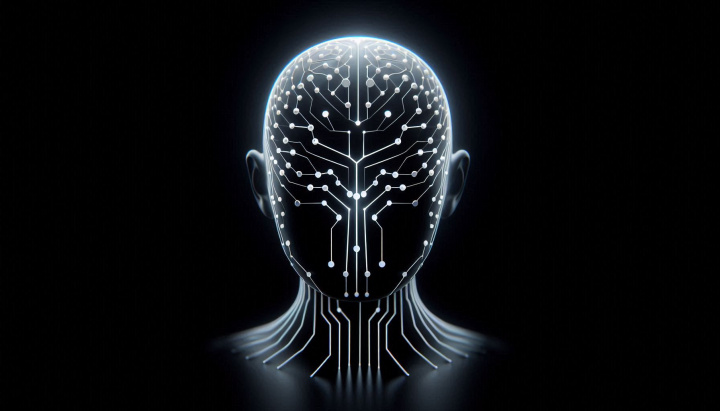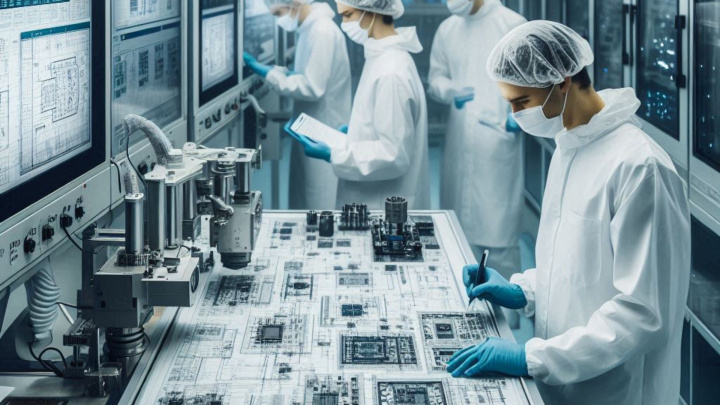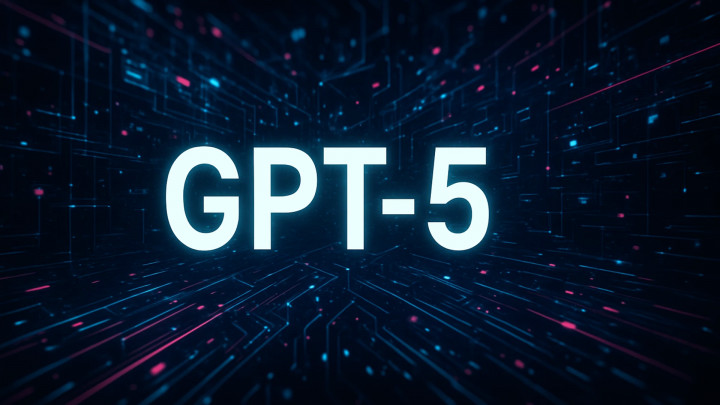Neuralink Relocates Incorporation to Nevada Amid Legal and Business Strategy Shifts
Neuralink, Elon Musk's ambitious brain-computer interface company, has officially relocated its state of incorporation from Delaware to Nevada. This strategic move comes amid broader shifts in Musk's corporate strategy and follows a significant legal setback for Musk in Delaware's influential Court of Chancery.

The venture founded by Elon Musk, focused on developing brain-chip technology, has formally taken the step to change its state of incorporation from Delaware to Nevada. This decision is part of a wider corporate strategy by Elon Musk, who has also publicly advocated for Tesla shareholders to vote on making a similar move (specifically to Texas). The relocation closely follows a pivotal ruling by a Delaware judge who voided Musk's $56 billion compensation package from Tesla, citing concerns about the independence of the board that approved it and a flawed disclosure process to shareholders. This ruling highlighted potential vulnerabilities to legal challenges and shareholder lawsuits within Delaware's well-established corporate legal system.
By moving to Nevada, Musk appears to be seeking a more favorable legal and business climate. Nevada state law is often perceived as offering stronger protections for corporate directors and officers against certain types of shareholder lawsuits compared to Delaware, which has long been the default choice for major corporations. This strategic decision isn't limited to Neuralink; Musk's other ventures, including X (formerly known as Twitter), have also previously shifted their incorporation from Delaware to Nevada, indicating a pattern of seeking alternative legal domiciles.
Furthermore, Neuralink's relocation reflects ongoing efforts to optimize its operational and legal standing as it pursues highly ambitious technological goals. The company aims to empower individuals with severe paralysis resulting from conditions like spinal cord injury or ALS, enabling them to control computers and other devices using only their thoughts. Neuralink recently achieved a significant milestone with the first human implant of its device, named 'Telepathy', in patient Noland Arbaugh. This initial version offers promising advancements in neurotechnology and brain-computer interfaces (BCIs), potentially allowing users to control phones and computers simply by thinking, opening new dimensions in human-technology interaction and assistive technology.





